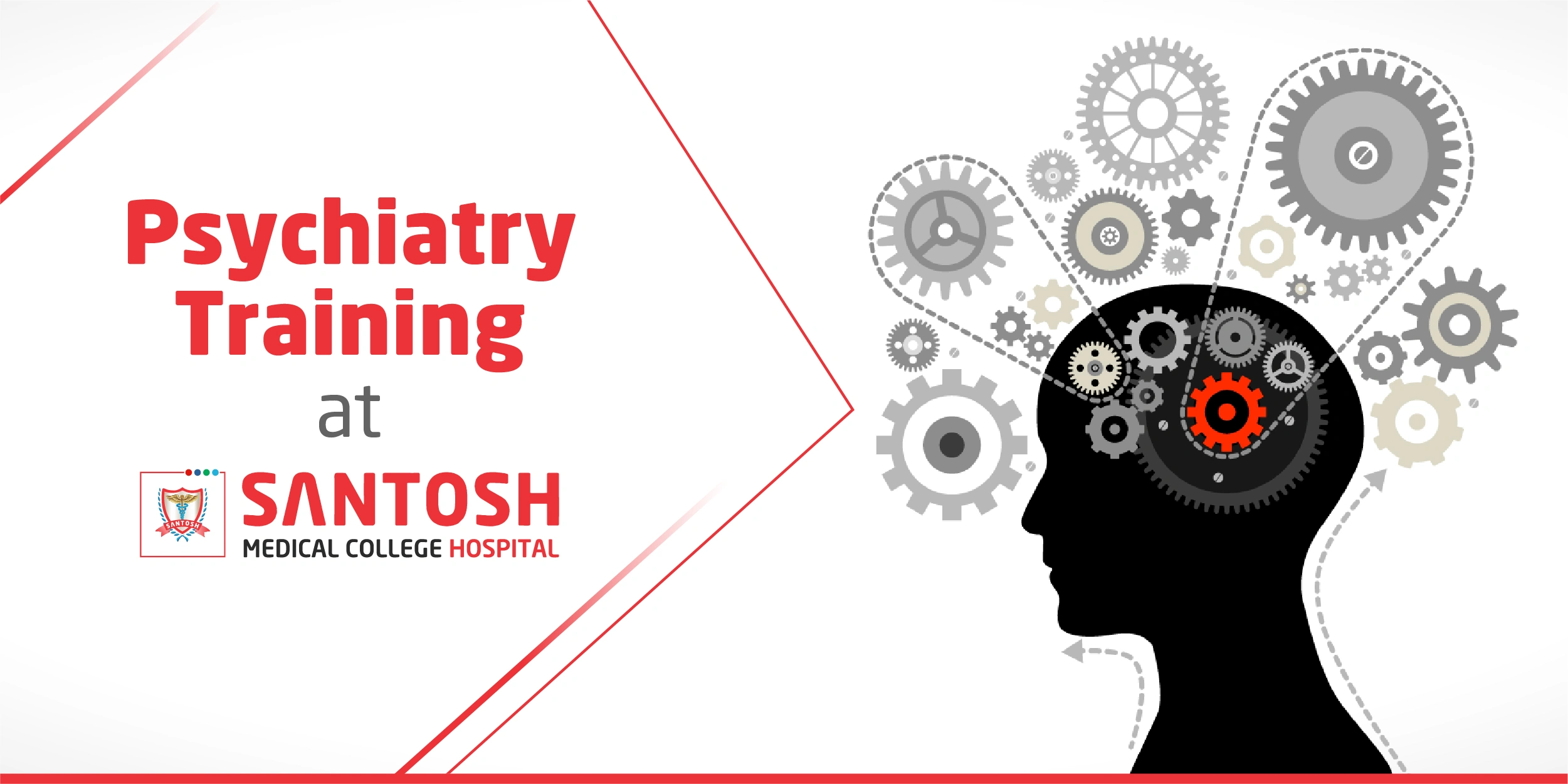
The term Psychiatry coined by the German physician Johann Christian Reil in 1808 which means medical treatment of Soul as he supported a strong need for separate care of mental health problem and creation of separate medical speciality.
In India, Modern medical education occurs in the year 1822 at Calcutta as medical schools. The year 1835 the 2 medical colleges were established after abolishing the medical school, one in Calcutta and other in Madras. The number of medical colleges increased to 313 in 2010 and 535 in 2020.
In 1933 Medical Council of India came in force and by 1956 a committee looks after the Postgraduate medical education in India with focus on the standard of teaching and currently replaced by National medical council in 2019. The first Psychiatry MD course started in the year 1941, Medical College at Patna and the first MD Psychiatrist was Late Prof. L. P. Verma, the past president of Indian Psychiatric Society.
The Indian Psychiatric Society founded in January 1947 and its subcommittee in 1964 gave report on undergraduate teaching in Psychiatry. Picked by the Director-General of Health Services (DGHS) and World Health Organisation (WHO) brought the undergraduate training in Psychiatry.
Today the MD Psychiatry postgraduate courses are available in 95 Government and 102 Private medical colleges providing approx. 766 psychiatry candidates currently in May 2020.
The Santosh Hospital Psychiatry department has 40 bedded psychiatry ward with eminent faculty providing postgraduate psychiatry training to four candidates every year. The hospital have trained, Psychiatry nursing staff and security personnel for patient mental health care. Emergency services provided in casualty and ICU for self-harming or violent behaviour in other acute cases. CT Scan, ECT, EEG machines and attached advanced central research lab facility are available in this medical college.
The Post-graduate students in Psychiatry discipline are increased to develop specific competencies. The postgraduate curriculum developed in such a way to attain these competencies which are theoretical knowledge with enhanced practical and clinical skills and attitudes, like communication skills research methodology and thesis writing.
The clinical rotation includes posting in neurology, primary care, general secretary which include adult, geriatric, child and adolescent patients, consultation and liasion Psychiatry and community-based Psychiatry and de-addiction.
The evaluation of the training focused on empathy and motivation, knowledge about psychiatry disorders, patient care, communication skills, professionalism and empathy.
After completion of post-graduate training they have sound knowledge of epidemiology etiology psychopathology clinical features natural course of psychiatric disorders patient and caregiver. Knowledge of impairment, disability and handicap. They can describe in detail about incidence and prevalence of disorder at different ages with the history of concept of evolution of psychiatric disorders and principles of treatment.
The understanding and learning about phenomenology of psychiatric disorders based on ICD and DSM diagnostic criteria, classification systems.
Consultation liaison psychiatry.
There is a rich opportunity of having adequate exposer for consultation with other health specialities including medical and surgical care patient having mental health problems. Most common cases are adjustment disorder, delirium, somatization, conversion, dissociation, suicide and self harming behaviour, depression, agitation, sleep-wake disorder.
Who is a Psychiatrist
Psychiatrists are Mental Health Specialist Medical Doctor who are expert in diagnosis and treatment of individuals with mental illness. During training they learn deep knowledge about both physical and mental health with focus over illness such as schizophrenia, depression, mania, sleep and eating disorders and substance abuse.
Work of a Psychiatrist
Psychiatrist assesses the detail workup of mental and physical symptoms to make a working diagnosis with aim to develop a management plan for treatment based recovery from illness. He prescribes medicines and give psychological therapy and if required the use of electroconvulsive therapy and transcranial brain stiumulation.
- Provides emergency care for acute illness
- Management of chronic mental disorder
- Direction for lifestyle changes
- Have to work with patient alone or with his family
- Needful consultation to other health care doctor
- Hospitalised care if required
- Needful referrals
How a Psychiatrist help
A psychiatrist help is sought whenever there is a complex and difficult to diagnose or treat condition appear, have suicidal intent, severe mental illness, acute onset abnormal behaviour, only psychiatrist supervised medication, no response to general practitioner/specialist doctor treatment.
Most common consultations are about stress, huge adjustment problems, big life changes events, worry, anxiety, fear, persistent sad mood, being suicidal/self-harming, attacking others, negative thoughts, obsessive ruminations, perception of being persecuted, hallucinations, delusions, alcohol or smoking, problem in eating, sleeping, disturbed body image perception, violent or aggressive behaviour, childhood onset problems as autism, low IQ, anxiety.
Treatment provided by a Psychiatrist
The treatment is provided as
- Medication
- Psychological therapies
- Electroconvulsive therapy
- Brain stimulation therapy
- Hypnosis
Provide advice about daily routine activities, sleep, diet and other ways to get healthy.
Psycho educate about the nature of illness, symptoms, course and prognosis with treatment.
Provide explanation for suggested treatment which are safe and effective, how medicine works, common side-effects of medicines, associated risk with treatment and the cost.
Psychiatrist are the only very best physicians who have skills to join it, they not only have the skills of standard physicians but also the broad knowledge of human behaviour. In reality taken change person behaviour and thinking with a single sentence or appropriate word at right time without any Hi-Tech equipment or expensive medication. This talent can be achieved at Santosh Hospital psychiatry post graduate training.

